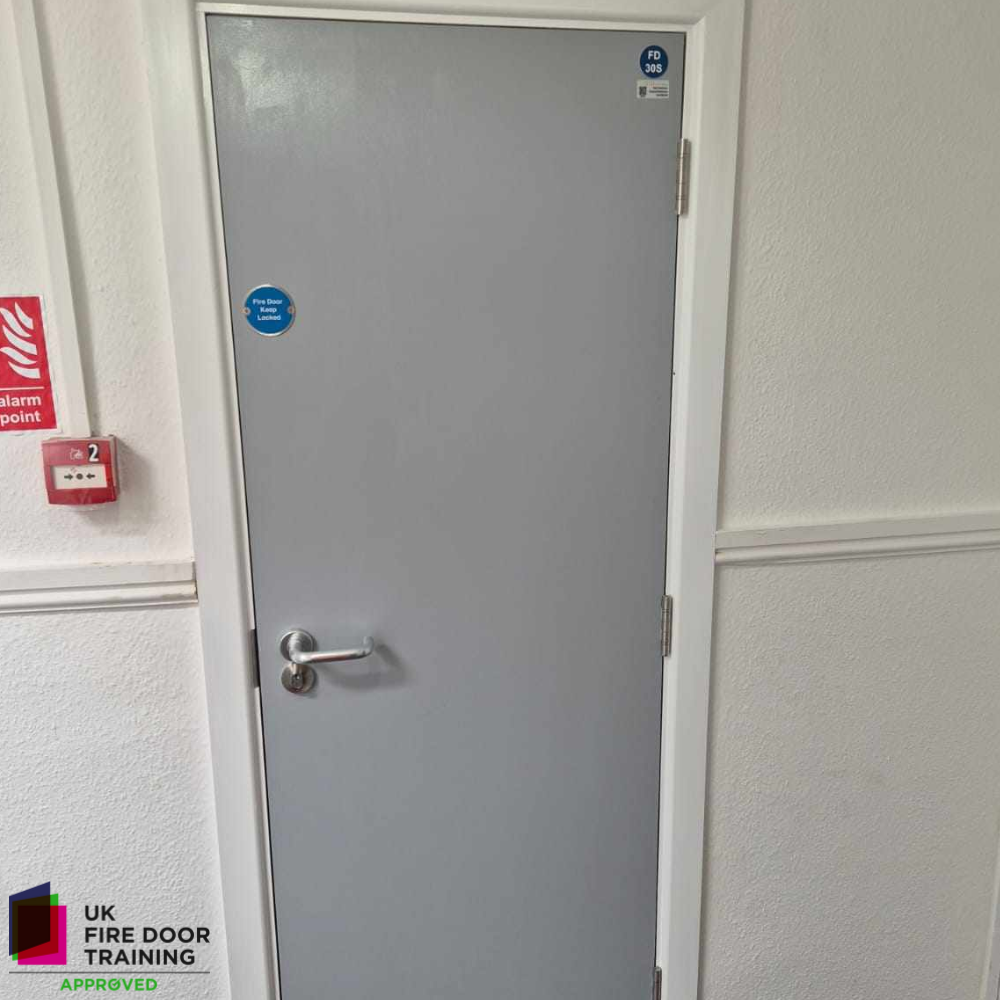Grasping the Crucial Property Maintenance Responsibilities of a UK Landlord
Being a landlord in the UK entails a myriad of responsibilities, with property maintenance being a cornerstone. Not only does it preserve the property's value, but it also ensures a safe and habitable environment for tenants. In this blog, we delve into the key property maintenance responsibilities that UK landlords should be aware of to foster positive landlord-tenant relationships and comply with legal obligations.
Structural Integrity
Maintaining the structural integrity of the property is paramount. Landlords must regularly inspect and address any issues related to the foundation, walls, roof, and overall structural stability. Timely repairs and renovations are crucial to prevent long-term damage and to provide a safe living environment for tenants.
Plumbing and Electrical Systems
Landlords are responsible for ensuring that plumbing and electrical systems are in good working order. Regular inspections should be conducted to identify and address leaks, faulty wiring, or any other issues that may compromise the safety and functionality of these systems. Quick response to plumbing and electrical problems can prevent more extensive damage and potential hazards.
Heating, Ventilation and Air Conditioning (HVAC)
Maintaining a comfortable living environment involves ensuring that heating, ventilation, and air conditioning systems are in optimal condition. Regular servicing and prompt repairs are essential to prevent breakdowns, especially during extreme weather conditions. Adequate ventilation is also crucial for indoor air quality and tenant well-being.
Appliances
Furnished properties often come with various appliances such as refrigerators, stoves, and washing machines. Landlords are responsible for ensuring that these appliances are in good working order. If an appliance provided by the landlord malfunctions, it is typically the landlord's responsibility to repair or replace it, unless the damage is due to tenant negligence.
Pest Control
Landlords must take proactive measures to prevent and address pest infestations. Regular pest control inspections can help identify and mitigate issues before they escalate. It is essential to address pest problems promptly to maintain the property's habitability and the well-being of tenants.
Safety Measures
Landlords are obligated to ensure the safety of their tenants. This includes installing and maintaining smoke detectors, carbon monoxide detectors, and fire extinguishers. Stairways, handrails, and other safety features should also be regularly inspected and kept in good condition.
Waste Management
Landlords are responsible for providing adequate waste disposal facilities and ensuring that the property complies with local waste management regulations. This may include providing trash bins, arranging for regular garbage collection, and educating tenants on proper waste disposal practices.
Conclusion
Property maintenance is a fundamental aspect of being a responsible and successful UK landlord. By fulfilling these maintenance responsibilities, landlords not only meet legal obligations but also contribute to tenant satisfaction and retention. Regular inspections, prompt repairs, and proactive measures are key to preserving the property's value and creating a positive living environment for tenants. Ultimately, a well-maintained property is a win-win situation for both landlords and tenants.
This blog was written by Stephen Moore - Proprietor - Stark Contractors | LinkedIn











